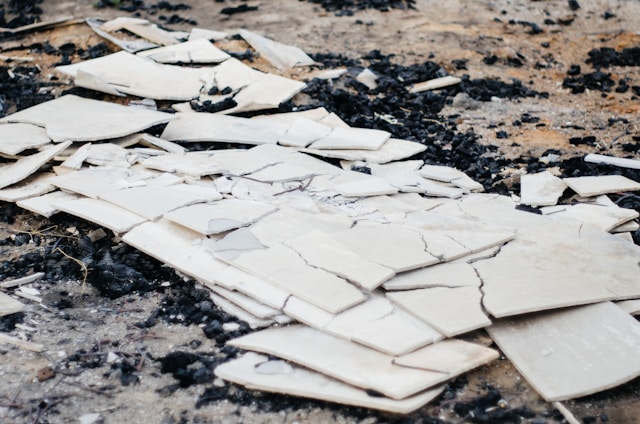What a Home Inspection Will Entail
A home inspection can offer a critical layer of transparency when purchasing a house. It could disclose terms requiring the seller to make repairs or give a closing credit. It’s a good idea for buyers to accompany the inspector and ask questions. But, be wary of inspectors who discourage or prohibit buyers from attending inspections.
Roof
Home inspectors will look at the roof and examine it for any damage or leaks. They will also check for proper insulation and ventilation. The inspector will let you know if they discover any problems. Home inspections are typically a contingency in the purchase agreement and take place after an offer is accepted and a contract signed but before closing. The buyer usually hires and pays the inspector at that time. Your real estate professional may have relationships with inspectors and can recommend one you can trust. However, you can also research to find a qualified home inspector.
Foundation
Home inspectors use various methods to determine a foundation’s condition, including pressure testing. It is done to determine if the foundation can support the weight of the structure and if it can prevent lateral movements. When buying a home, including a home inspection contingency in your contract is important. It will allow you to back out of the contract if you discover problems with the house you cannot handle. If you want to proceed, you can request that the seller make these repairs before closing or give yourself credit for doing them.
Interior
Home inspectors do not open up walls but will check the readily accessible areas of a house’s plumbing, electrical and heating systems. They also inspect the basement and roof. If a home inspector finds problems serious enough to be a deal-breaker, the buyer can ask the seller to repair the issues or offer a lower sale price. It allows buyers to avoid unpleasant surprises and unexpected costs after they buy a property. When choosing a home inspector, shopping for one with a good reputation is smart. You can do this by asking friends and family if they have any recommendations or looking online for reviews.
Exterior
Whether you’re selling or buying, a home inspection can help everyone understand the condition of a property. They can reveal safety issues and maintenance problems that could lead to expensive expenses. Inspectors usually examine readily accessible parts of a structure, including foundations, walls, floors and ceilings. They also look at the roof and chimney. Preparing for a home inspection ahead of time can help ensure your house will pass with flying colors. For example, pruning back trees and shrubbery can reduce the risk of falling debris during a walk-through and make it easier for the inspector to see the structure’s condition.
Plumbing
Inspectors check that the rough-in plumbing has been installed in a new home. This stage is important because it ensures properly routed water, drain and vent lines. It also allows plumbers to ensure the system functions correctly and meets local building codes. Inspectors will not open walls or tear up flooring to see under sinks or in the subfloor, but they will look for visible signs of problems. If they cannot find the problem, they will recommend a specialist.
Electrical
Generally, inspectors will examine the heating, cooling, plumbing and electrical systems as well as the structure of the home. They will also test any appliances that are included in the sale. While it’s not mandatory, buyers often purchase a single-family home contingent on the outcome of a professional inspection. The same applies to coops and condos, especially in older buildings where the plumbing and electrical may have outlived their usefulness. It is important to keep lights on and plugged in and change the batteries in smoke detectors and carbon monoxide alarms to assist the inspection process go more quickly. In addition, pruning trees and shrubbery ahead of time helps improve the property’s appearance.
HVAC
While a home inspector isn’t going to dig into walls, they will check the condition of plumbing systems. It includes testing the faucets and evaluating how well drains function. They will also look at the location of shut-off valves. Inspectors won’t examine areas that aren’t easily accessible, including swimming pools and septic tanks. They will generally also steer clear of aesthetic issues, like a stained ceiling or carpeting, unless they’re a red flag for a bigger problem. Some inspectors can perform more specialized evaluations for termites, asbestos, lead paint and radon. However, these services are usually extra and are separate from a standard home inspection.



